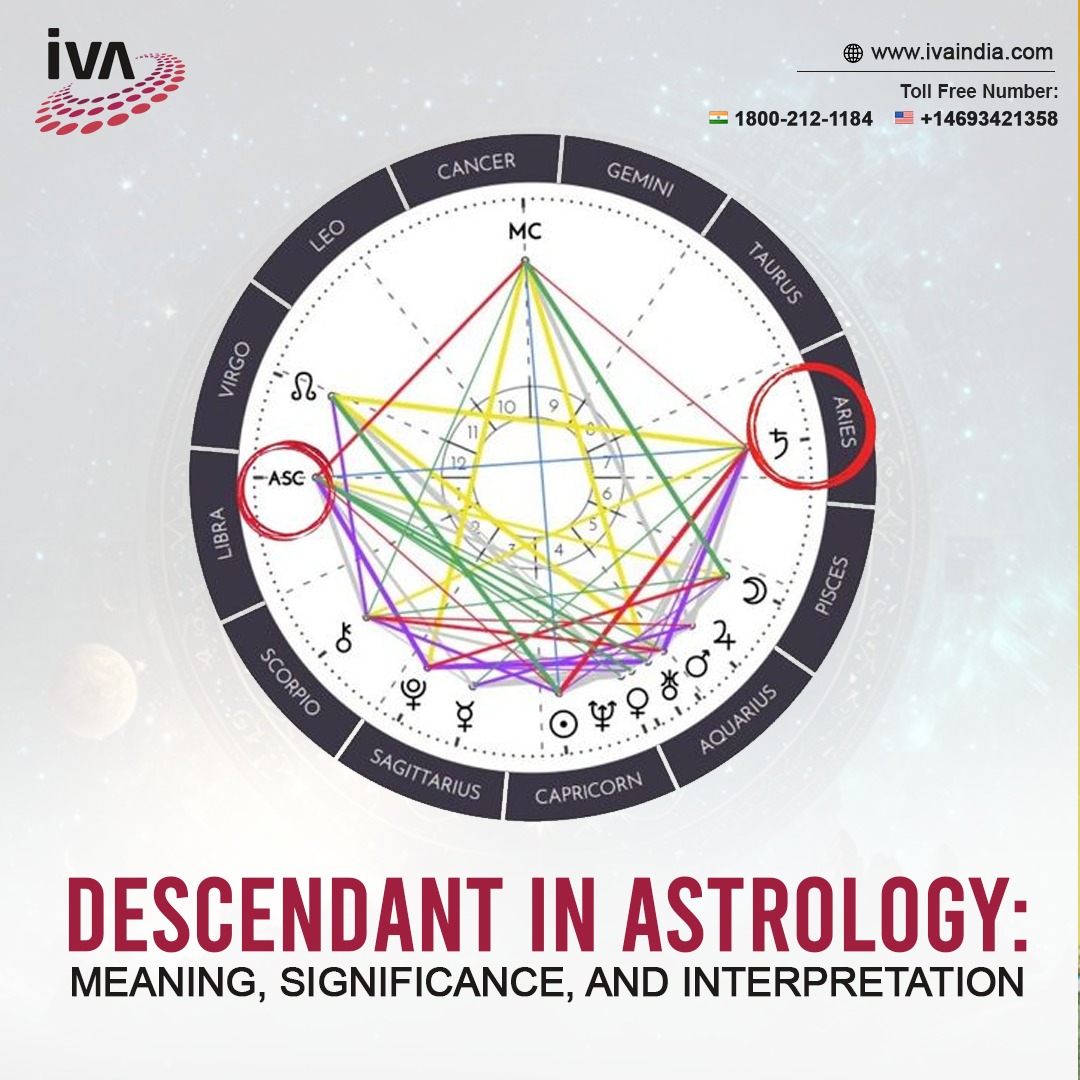Descendant in Astrology: Meaning, Significance, and Interpretation
By Aashish Patidar May 17 2023 Descendant_in_Astrology,Vedic_astrology_courses_online,distance_learning_astrology_courses_in_India,vedic_astrology_courses
In astrology, the Descendant is a crucial point that holds significant meaning in understanding an individual's relationships, partnerships, and interactions with others. It is one of the four angles of the birth chart, along with the Ascendant, Midheaven, and Imum Coeli. While the Ascendant represents the self and how we project ourselves to the world, the Descendant symbolizes our interactions and connections with others.
This article explores the Descendant's meaning, significance, and interpretation in astrology. We will delve into its astrological sign, its role in determining our relationship dynamics, and how it influences our choice of partners and our overall approach to relationships. Understanding the Descendant can offer valuable insights into our interpersonal dynamics and guide us toward healthier and more fulfilling relationships. One can learn more about it with the help of the best Vedic astrology courses online.
The Descendant: An Overview
Vedic astrology courses explain that the descendant represents the cusp of the seventh house in the birth chart, traditionally associated with relationships, partnerships, marriage, and open enemies. It is located on the opposite side of the Ascendant, thus symbolizing the "other" in our lives. The Descendant's position and the sign that it falls in shed light on our approach to relationships, the qualities we seek in a partner, and the type of energy we attract.
Interpretation of the Descendant Sign
The Descendant's astrological sign plays a significant role in understanding our relationship preferences and dynamics. Each sign brings unique energy, qualities, and themes to the Descendant, shaping our interactions and the type of partner we are attracted to.
For example, if your Descendant is in Aries, you may seek an assertive, independent, and confident partner. The Descendant in Taurus may indicate a desire for stability, sensuality, and loyalty in a relationship. The Descendant in Gemini may point to a preference for intellectual stimulation, communication, and partnership adaptability.
Understanding the sign of your Descendant can provide valuable insights into your relationship patterns, the qualities you value in a partner, and the areas you may need to work on for healthy and balanced relationships, and all the concepts can be easily grasped by an individual with the help of best Vedic astrology courses. Many institutes offer vedic astrology courses online in India or one can also go for distance learning astrology courses in India.
Planetary Aspects to the Descendant
The planetary aspects of the Descendant further enhance the interpretation and add depth to our understanding of relationship dynamics. Planets that form aspects of the Descendant influence the qualities we seek in a partner and can indicate the challenges and strengths we bring into relationships.
For instance, if Venus, the planet of love and harmony, forms a harmonious aspect to the Descendant, it may suggest an affinity for harmonious and balanced partnerships. On the other hand, challenging aspects, such as squares or oppositions, may indicate potential conflicts or tension in relationships that need to be addressed and resolved.
Examining the planetary aspects of the Descendant offers insights into the dynamics of our relationships, including compatibility and potential challenges. It provides a deeper understanding of the qualities we are attracted to and the lessons and growth opportunities relationships can offer.
Relationship Styles and Dynamics
The Descendant in Astrology also sheds light on our relationship styles, approach to commitment, and partnership dynamics. Understanding these dynamics can help us cultivate healthier and more fulfilling relationships.
For example, a person with a Descendant in Libra may need balance, harmony, and partnership. They may be attracted to cooperative and diplomatic individuals and seek to create a sense of equality and fairness in their relationships. On the other hand, a Descendant in Scorpio may indicate a deep need for intensity, emotional depth, and transformative experiences in partnerships.
Understanding our Descendant sign and its associated qualities can make us more aware of our relationship patterns and tendencies. This self-awareness allows us to make conscious choices and work towards creating relationships that align with our values and desires.
The Role of the Descendant in Compatibility
The Descendant also plays a vital role in determining compatibility and the dynamics between individuals in a relationship. When two people's Descendants align harmoniously, it often indicates a natural affinity and compatibility in their partnership.
For instance, if one person has a Descendant in Aries and the other in Sagittarius, both signs share a fiery and adventurous nature. This alignment can foster a dynamic and exciting relationship built on mutual energy and a thirst for exploration.
On the other hand, challenging Descendant alignments may require more conscious effort and understanding to navigate the relationship dynamics. For instance, a person with a Descendant of Cancer may seek emotional security and nurture in a partnership. At the same time, someone with a Descendant in Capricorn may prioritize practicality and long-term stability. These contrasting needs require open communication, compromise, and a willingness to understand and respect each other's perspectives.
It is important to note that while harmonious Descendant alignments can enhance compatibility, they are not the sole determinant of a successful relationship. The entire birth chart, including other factors such as the Moon, Venus, and Mars placements, should be considered for a comprehensive understanding of compatibility and relationship dynamics.
Evolution and Growth through the Descendant
The Descendant in astrology also offers opportunities for personal growth and relationship evolution. As we become aware of our Descendant sign and its associated qualities, we can work on developing and balancing those aspects within ourselves.
For example, suppose someone has a Descendant in Capricorn, indicating a preference for stability and commitment. In that case, they may need to balance their need for control and structure with flexibility and emotional expression. They can create a more harmonious and fulfilling partnership by consciously working on these qualities.
Furthermore, understanding the Descendant sign of our partners can help foster empathy, compassion, and better communication. Recognizing and appreciating each other's needs and preferences can create a supportive and growth-oriented relationship environment.
The Descendant in Different Houses
The house placement of the Descendant further refines its influence and provides insights into the areas of life where relationship dynamics are most pronounced. Each house represents a specific area of life, and the Descendant's placement within a particular house highlights the focus and themes of our relationships.
For instance, if the Descendant falls into the fifth house, relationships may revolve around creativity, romance, and self-expression. This placement suggests a desire for passionate and joyful connections with partners who can inspire and support our artistic pursuits.
On the other hand, a Descendant in the tenth house may indicate that relationships play a significant role in career and public image. This placement suggests a need for a partner who shares similar ambitions and goals and can support us professionally.
On the other hand, a Descendant in the tenth house may indicate that relationships play a significant role in career and public image. This placement suggests a need for a partner who shares similar ambitions and goals and can support us professionally.
A Descendant in the fourth house suggests that relationships are deeply intertwined with our sense of home, family, and emotional security. These individuals may seek partners who can provide a nurturing and supportive environment, and they may prioritize building a strong foundation within their relationships.
The Descendant in the seventh house, which is its natural placement, highlights the importance of partnerships in our lives. Individuals with this placement will likely prioritize committed relationships and may strongly desire marriage or long-term partnerships. They are often skilled at forming connections with others and seek harmony and balance in their relationships.
Relationships are transformative and intense when the Descendant falls into the eighth house. These individuals may be drawn to deep, intimate connections and experience relationships as catalysts for personal growth and healing. They may also be attracted to partners with a certain level of power or control, as this placement seeks intense emotional experiences.
The Descendant in the eleventh house suggests that relationships are connected to our social networks and friendships. Individuals with this placement may seek partners who share their interests, values, and aspirations. They may prioritize building a sense of community within their relationships and be drawn to partnerships that contribute to their personal growth and social influence.
Lastly, a Descendant in the second house emphasizes the significance of relationships regarding material and financial stability. Individuals with this placement may seek partners who provide financial security or share similar values regarding money and possessions. They may prioritize building a solid foundation of shared resources within their relationships.
Conclusion
The Descendant in astrology plays a significant role in understanding our relationship dynamics, preferences, and compatibility. Its placement in a specific sign and house provides valuable insights into the qualities we seek in a partner, the areas of life where relationships are most pronounced, and the lessons and growth opportunities they offer.
By exploring the Descendant and its associated influences, we can better understand ourselves and our interactions with others. This knowledge allows us to cultivate healthier and more fulfilling relationships by aligning our desires, values, and communication styles with those of our partners.
While astrology offers valuable insights, it is not a predetermined script for our relationships. It is a tool that helps us become more self-aware and make conscious choices to enhance our connections with others. Ultimately, the success and growth of our relationships depend on our willingness to cultivate empathy, understanding, and open communication.
By embracing the lessons and opportunities the Descendant presents, we can embark on self-discovery, deep connections, and personal transformation within relationships.
Search
Recent Post
-
How to learn numerology: a step-by-step guide for beginners
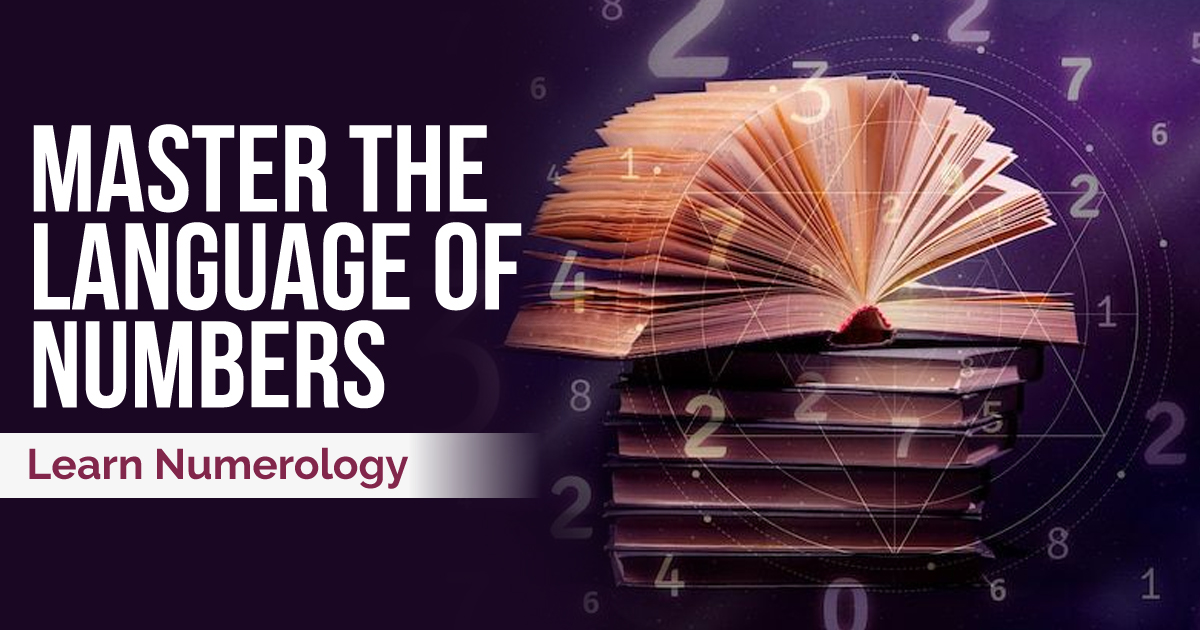 Numbers are more than just digits - they hold secr...Read more
Numbers are more than just digits - they hold secr...Read more -
Learn vedic astrology for beginners: unlock the ancient wisdom with iva
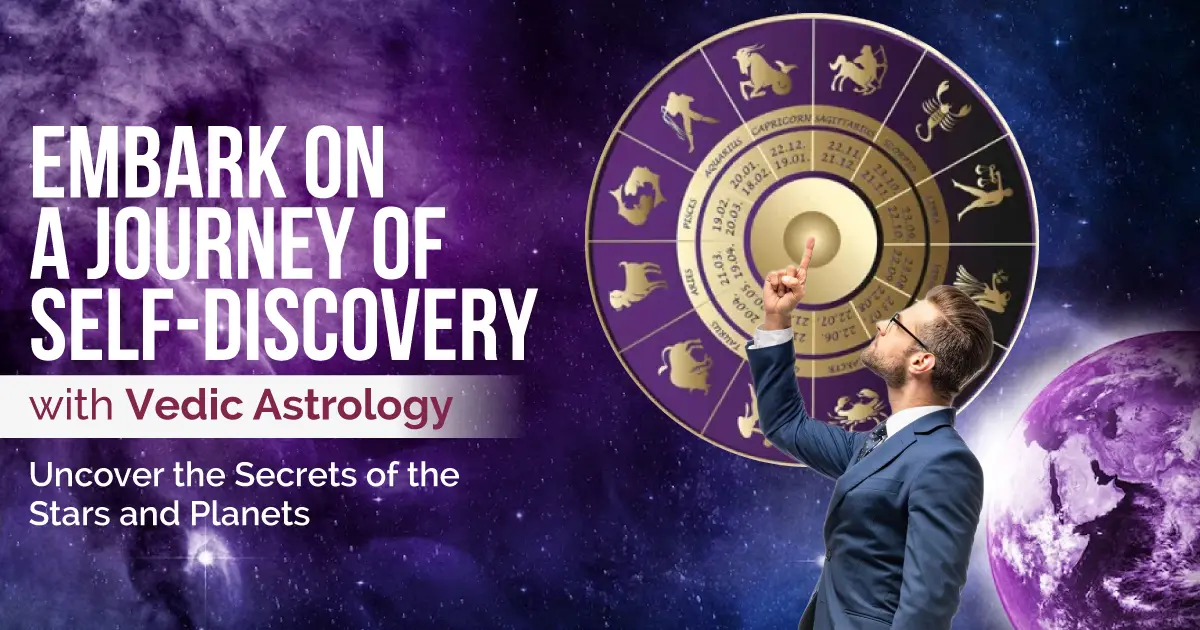 Are you intrigued by the mysteries of the cosmos? ...Read more
Are you intrigued by the mysteries of the cosmos? ...Read more -
Diploma in astrology through distance education: unlock your potential with iva
 Astrology has been a guiding force for centuries, ...Read more
Astrology has been a guiding force for centuries, ...Read more -
Understanding the 12 houses of astrology: unlocking your path to self-discovery with iva
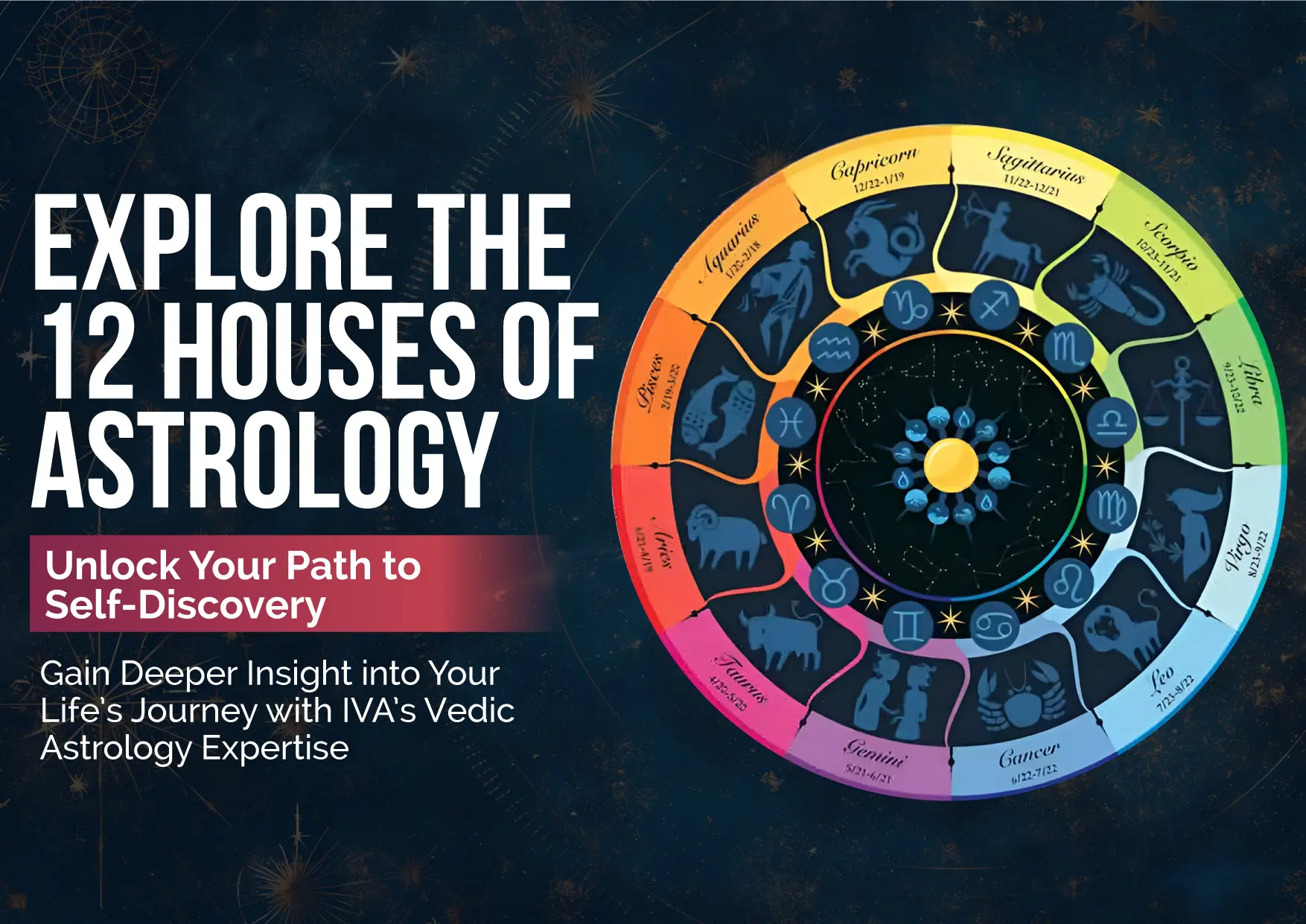 Astrology is an ancient science that helps us bett...Read more
Astrology is an ancient science that helps us bett...Read more -
Name correction in numerology: unlock your true potential with iva
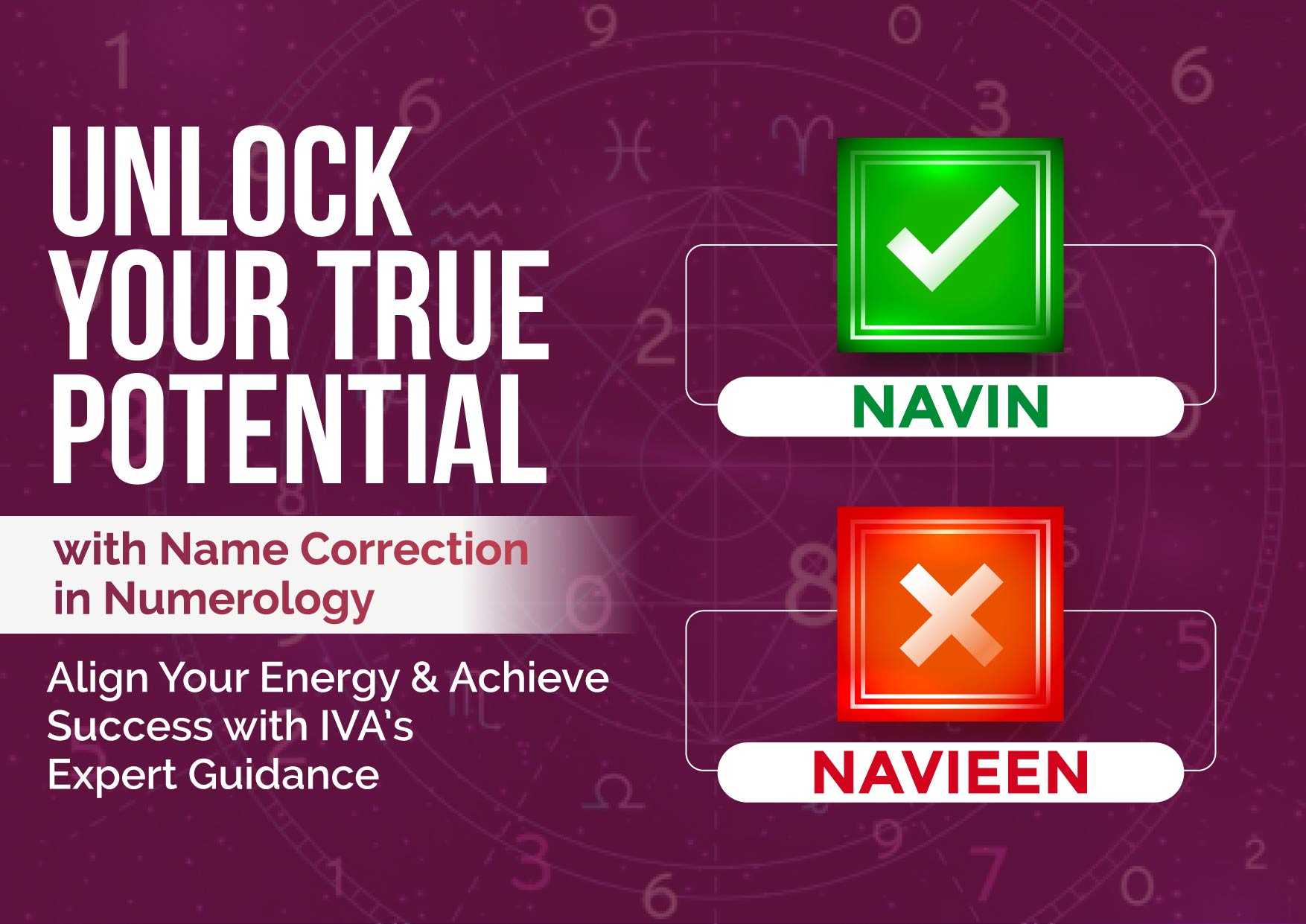 In today’s fast-paced world, many individuals seek...Read more
In today’s fast-paced world, many individuals seek...Read more
